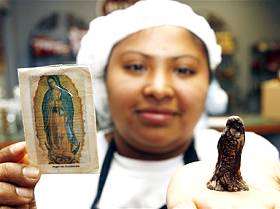 Readings: Isa 5,5-9a; Ps 116,1-6.8-9; Jas 2,14-18; Mk 8,27-35
Readings: Isa 5,5-9a; Ps 116,1-6.8-9; Jas 2,14-18; Mk 8,27-35"The Lord GOD opens my ear that I may hear" (Isa 50,5). This is a fitting opening for our scriptural reflection this Sunday, as the Church throughout the United States marks what has been designated
Catechetical Sunday the theme for which is taken from Jesus’ question in today’s gospel, "Who do you say that I am" (Mk 8,29)? The term catechesis comes from the Greek word that means
to echo. Before the invention of the printing press in 1450,
catechesis was an oral and aural experience comprised exclusively of speaking and listening. This method consisted of a Church teaching being recited and the listener would be expected to
echo, or repeat it, until the teaching could be recited by heart. Of course, this method of teaching and learning predates the Church. Jewish teachers, even down to our day, teach the Scriptures by again and again asking the learner to repeat verses (United States Catholic Catechism for Adults, pgs xv-xvi). Like most theological terms, the term
catechesis has different meanings and references. In addition to the method in which the learner echoes back the recited teaching to the
catechist, or teacher, it also refers to the content, what is recited in the first place. Therefore, the content of our teaching is also an echo. It is the echo of the teachings of our Lord himself, which, beginning with the apostles, echoes down through time. It is the
depositum fidei-the deposit of faith, "which was once for all delivered to the saints" (
Jd 1,3).
Today’s gospel provides us with the basic content of our faith, which is found in St. Peter’s response to Jesus’ questions to the twelve about his identity, when he confesses, "You are the Christ" (Mk 8,29). Christ is not, as many of us might have supposed as children, Jesus’ last name. It is his title. Like
catechesis, it stems from a Greek word, the word
Christos.
Christos, in turn, finds its origin in the Hebrew word
Mashiach, which we transliterate as
Messiah, meaning anointed one. In this statement, Jesus is recognized, as he is at the beginning of his ministry by John the Baptizer, as the one in whom the promise made long ago to Abraham, our father in the faith, through whose descendants all the nations of the earth find blessing, is fulfilled (
Gen 26,4).
Peter’s simple statement is a dense statement, like the matter that exploded at the Big Bang in which the entire created universe was contained. In this simple sentence uttered by the Galilean fisherman is contained the entire content of the Christian faith. After hearing Peter’s profession, Jesus "began to teach them." What did he teach them? He taught them "that the Son of Man must suffer greatly and be rejected by the elders, the chief priests, and the scribes, and be killed, and rise after three days" (Mk 8,31). It is clear that Peter does not understand all the implications of his own statement because after Jesus teaches these things, Peter pulls Jesus aside and begins to rebuke him. Jesus’ response, after rebuking Peter strongly, is once again to teach. He teaches them the manner of life they and others who would follow him must live, which is to imitate him by taking up their cross and living a selfless life (Mk 8,32-35).
In the Nicene-Constantinopolitan Creed we recite together each Sunday, we unpack this dense statement about the identity of Jesus the Christ, when we profess that he is "God from God, Light from Light, true God from true God, begotten not made, one in being with the Father" who for us came down from heaven, was crucified and died for our sins, was buried, rose again, ascended into heaven, and will return in glory. One unique aspect of the Christian faith is that the messenger, Jesus Christ, is the Message. Because of this we learn our faith with the confidence of knowing that the truth is not a series of propositions that can be completely captured by words. This gives us confidence because all of us, great and small alike, can know the Truth because the Truth is a person, the Lord Jesus Christ.
Hearing and believing in Christ has implications. St. James, in our second reading, makes this abundantly clear. The apostle tells us "faith of itself, if it does not have works, is dead" Jas 2,17). Our faith, if it is genuine, spurs us to action. It is important to note the proper relationship between faith and works. Stated clearly, we are saved by faith and not by works. Therefore, faith precedes works. Consequently, our works flow from our faith, which, as a theological virtue, is a gift from God. What James writes in no way contradicts this fundamental truth. "Indeed," writes the leader of the Jerusalem Church, "someone might say, 'You have faith and I have works.' Demonstrate your faith to me without works, and I will demonstrate my faith to you from my works" (Jas 2,18).
While we can distinguish between faith and works, the two are inseparable for any true disciple of the Lord Jesus Christ. Why is this so? Because faith and works find their unity in another word:
Love. Love is what links
orthodoxy- correct belief and
orthopraxis- correct practice. This is where we begin to understand the importance of theology, which is at the service of Church, as opposed to Philosophy of Religion, or any merely academic study of belief and practice. Theology, which is distinguishable from
catechesis because it informs the Church in many more ways than in just the teaching and handing on of the faith, is practical. For if our faith is to inform our actions, helping us to intentionally live as Christian disciples, it stands to reason that we must be informed about our faith.
My friends we live in a world and in a society that is starving due to a lack of spiritual food. So, among the ways to put our faith into practice is by teaching it to others. On this
catechetical Sunday we recognize those members of our faith community who give of their time and talents in service to our parish. In addition to those commissioned by us to teach the faith, there are other
catechists among us, namely parents. Parents are the primary teachers of the faith to their children. As important as Catholic schools and parish religious education programs are to the ministry of
catechesis, they can never, nor should they even try, to take the place of parents in handing on the faith to future generations. In the focused teaching time in the classroom, either one hour or several hours a week, the best any children’s religious education program can hope for is to give content and structure to what parents are teaching at home.
Taking a building-block approach, there is a scope and sequence for each grade. These are the learning objectives, the Christian teachings recited by the
catechists. These include basic Christian prayers, such as the Sign of the Cross, the Gloria Patri, the Hail Mary, the Our Father, along with the mysteries of the rosary, which teach us the Paschal mystery through the privileged channel of the Blessed Virgin Mary. Basic catechesis certainly includes learning the Nicene creed and the Apostles creed, which Pope Benedict recently called "a little
Summa in which everything essential is expressed" (
Homily at Mass at Regensburg, Bavaria). It also includes teaching basic formulas of Christian doctrine: Christ’s two Great Commandments, the Ten Commandments, the Beatitudes, the theological and cardinal virtues, the five precepts of the Church, the communion and intercession of the saints, etc. Like
catechesis of old, these prayers, creeds, and doctrinal formulas need to be learned by heart and be echoed back by the learner. But beyond memorizing and repeating these things, they must be lived. This is where parents, as primary catechists, are absolutely indispensable.
The goal of catechesis is summed up in the preface to the Roman Catechism, which was compiled at the behest of the fathers of the Council of Trent, and published in 1566:
"The whole concern of doctrine and its teaching must be directed to the love
that never ends. Whether something is proposed for belief, for hope, or for
action, the love of our Lord must always be made accessible, so that anyone
can see that all the works of perfect Christian virtue spring from love and have
no other objective than to arrive at love" (Roman Catechism, Preface, 10).
Love is the objective "because love is from God; everyone who loves is born of God and knows God. Whoever does not love does not know God, for God is love" (
1 Jn 4,8).




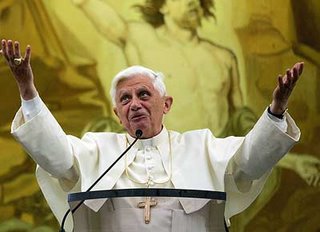


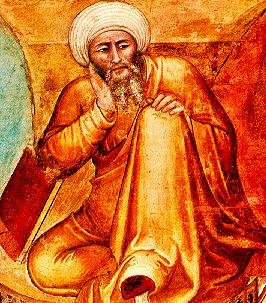
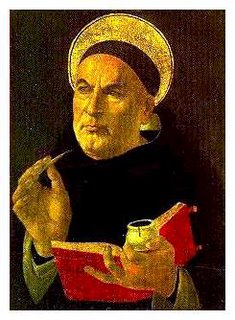
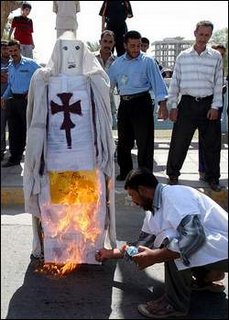
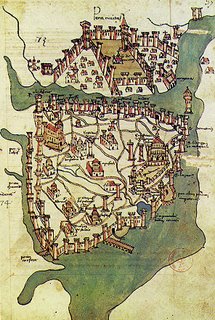

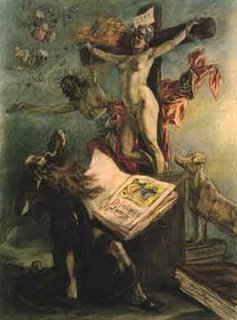
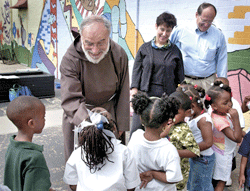
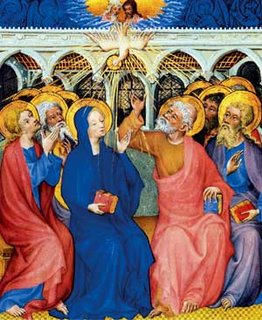
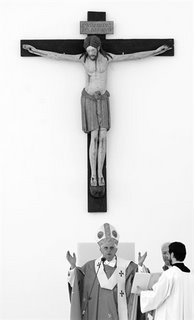
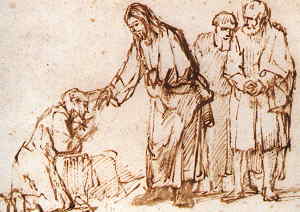

 San Francesco d'Assisi
San Francesco d'Assisi